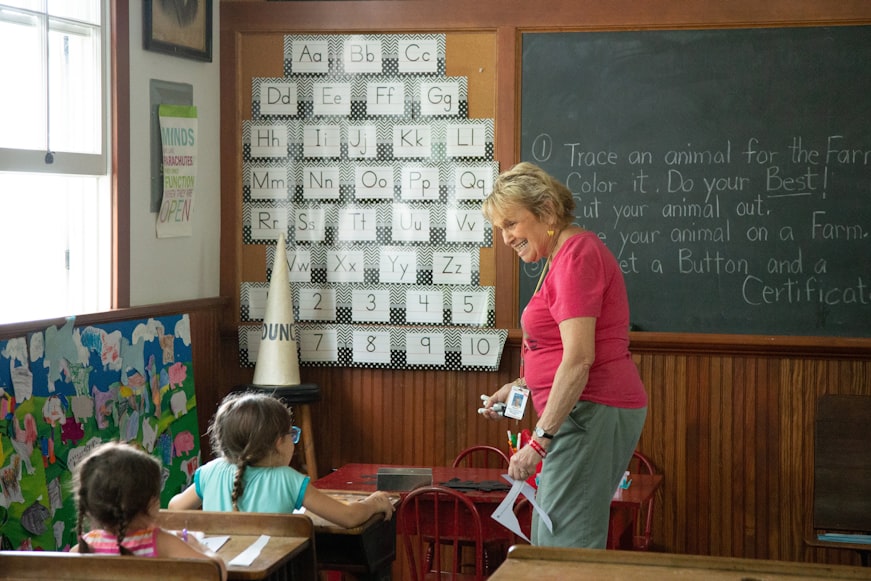
Commission Chairperson, Professor Marcia Neave, said the options have been developed to provide a balance between privacy protection for workers and businesses need to protect their property and provide a safe and lawful workplace.
In summarising the proposals, Jeremy Douglas-Stewart, Principal Consultant at Privacy Law Consulting Australia, stated “[a]t this stage, businesses are likely to prefer option two, the “general principles” option, as it offers a more light-touch regulatory approach…
“Option one, the “authorizations” option, is similar to that which currently exists under the New South Wales Workplace Video Surveillance Act 1998 and would provide a clear and specific guidelines for employers as to their obligations. A pitfall for businesses is that the process of obtaining a court authority can be time-consuming and costly, although this may be alleviated by the possibility of seeking authorization on an industry-wide basis.
“Option two, the “general principles” option, proposes establishing general “privacy principles”, similar to the National Privacy Principles under the Privacy Act, and offers a more light-touch regulatory approach that is consistent with information privacy law regimes. This provides flexibility for businesses, enabling them to tailor the application of the principles to their particular circumstances.
Further, following the recent wave of information privacy legislation containing similar principles, businesses are familiar with and have acquired in-house expertise in complying, with this type of privacy regulation. However, the need to apply general principles to specific circumstances risks creating uncertainty, but this can be largely overcome by the development of industry codes and guidelines.
“What is clear is that Victorian businesses need to start considering workplace privacy issues and how they may reduce likely future compliance costs by adopting good privacy practices now,” Douglas-Stewart said.
Professor Neave said the next step in the review is to hear what people think of the proposed models, stating that “[t]hese options are quite broad and so we’re looking for more detail to flesh them out. We’ll listen to what people have to say about each model and consider those comments when we write a final report which we hope to have tabled in next year’s autumn session of parliament”.








